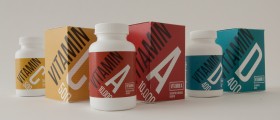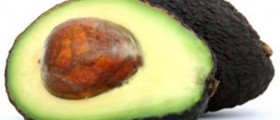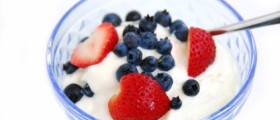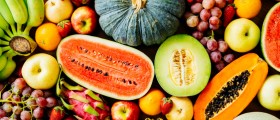
The immune system is a very important defense system of the human body, whose function it is to fight foreign bodies and harmful agents and to prevent them from causing harm to the body. Thanks to the immune system, the body wards off infections and illnesses, heals faster, and resists to aging.
Some people have an excellent immune system and it is probably due to a proper diet, while in others it may be somewhat impaired and compromised, and those people must boost it with proper nutrition.
Many factors and elements of a diet influence the quality of the immune system, and vitamins are among the most important, particularly vitamins A, C, E and B6. Including those vitamins in the daily diet is a sure way to strengthen and improve the immune system.
Vitamin A
Vitamin A is one of the most vital vitamins for improving the immune system, which needs it in order to be able to ward off the bacteria, viruses, fungus, parasites and other harmful organisms. Vitamin A is needed for the production of white blood cells, whose function is to fight foreign bodies. This vitamin can be found in carrots, broccoli, green leafy vegetables, liver, cheese, pumpkins, apricots, sweet potatoes and milk.
Vitamin B6
Among all the vitamins of the B complex, the vitamin B6 is found to be the most important for improving the function of the immune system. It is essential for proper functioning of the lymph nodes and thus for the production of white blood cells. Good sources of vitamin B6 include garlic, bananas, avocado, tuna, broccoli, cabbage, asparagus, wheat germ and brewer’s yeast.
Vitamin C
One of the most important vitamins for the overall health, and a powerful antioxidant, vitamin C must be included in the daily diet to assure normal functioning of the body and proper defense reaction of the immune system. Vitamin C can be found in citrus fruits, berries, cabbage, potatoes, broccoli, parsley, cantaloupe, tomatoes, apricots, and many more fruits and vegetables.
Vitamin E
Vitamin E promotes the production of immune cells called B cells. These cells make antibodies that kill bacteria. As people age, their ability to fight off infections decreases and they are more prone to illnesses. With regular consumption of vitamin E, this process can be delayed. Food sources of vitamin E, which is an oil-soluble vitamin, include fortified cereals, seeds, seed oils, green leafy products, tomatoes, pumpkin, broccoli, mango, blue crab, rockfish, papaya and sweet potato.

















Your thoughts on this
Loading...